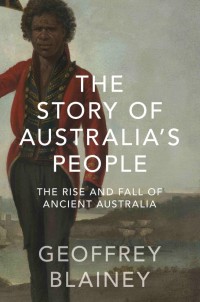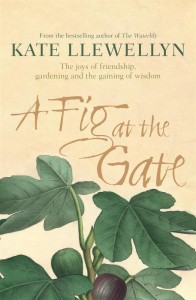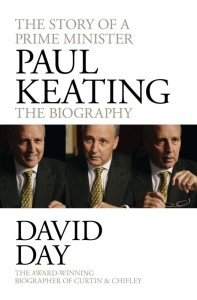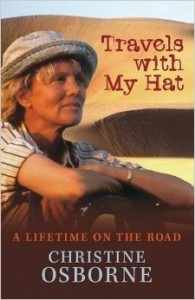Compelling, groundbreaking and immensely readable, The Story of Australia’s People: The Rise and Fall of Ancient Australia, is the first installment of an ambitious two-part work, and the culmination of the life work of Australia’s most respected historian Geoffrey Blainey. The vast, ancient land of Australia was settled in two main streams, far apart in time and origin.The first stream of immigrants came ashore some when the islands of Australia, Tasmania and New Guinea were one. The second began to arrive from Europe at the end of the eighteenth century. It was not – and is still not – an easy relationship, and the story of Australia’s people is complex. Gifted with a profound spirituality deeply attached to the land and a sense of place, Australia’s ancient people were devastated by the encroachments on their land, their proud and enduring tribal cultures utterly destroyed. Through their European notions of private property, their animals, the rabbit, alone, has transformed the landscapes of Australia from one end of the continent to the other, while their foxes and cats have destroyed native wildlife which had survived for countless generations. The arrival of Europeans was all about the brutality of invasion. And the Europeans, and now a polyglot rush of people from all over the world, those who opportunistically grafted themselves on to this ancient land, have proved they have learnt nothing: throughout the past Century Australia has been party to wars on foreign lands, and is party to the utter debacle that is the invasion of Iraq.
Blainey’s earlier books on indigenous Australia, including The Triumph of the Nomad, were controversial and derided by the left in what became known as “the culture wars”. He admits he now sees “parts of our history with fresh eyes” and says that at the beginning of his career, 60 years ago, it was “daunting to write about indigenous history because there was no chronology”.
Archeological discoveries, and the development of technologies such as radiocarbon dating that have provided evidence of human existence on the continent have dramatically changed this.
Describing the book as “audacious and important”, a Sydney Morning Herald reviewer observed: “This volume takes the reader on a sweeping journey, starting with the audacious crossings of the narrow channels that separated Australia from Asia 60-odd thousand years ago and ending in the 1850s with British settlers occupying, amid tragic depopulation and suffering, the lands of the peoples who had made this land home for several thousand generations.”
The long Aboriginal occupation of Australia witnessed spectacular changes. The rising of the seas isolated the continent and preserved a nomadic way of life as agriculture revolutionised other parts of the world. Over millennia, the Aboriginal people mastered the land’s climates, seasons and reserves.
Traditional Aboriginal life came under threat the moment Europeans crossed the world to plant a new society in an unknown land. Australia was to be a land that rewarded, tricked, tantalised and often defeated the new arrivals. The meeting of the two cultures is one of the most difficult meetings in history.
Geoffrey Blainey has written 36 books including The Tyranny of Distance, Triumph of the Nomads and the best-selling A Short History of the World. He is one of the few Australians whose biography appears in Encyclopaedia Britannica.





